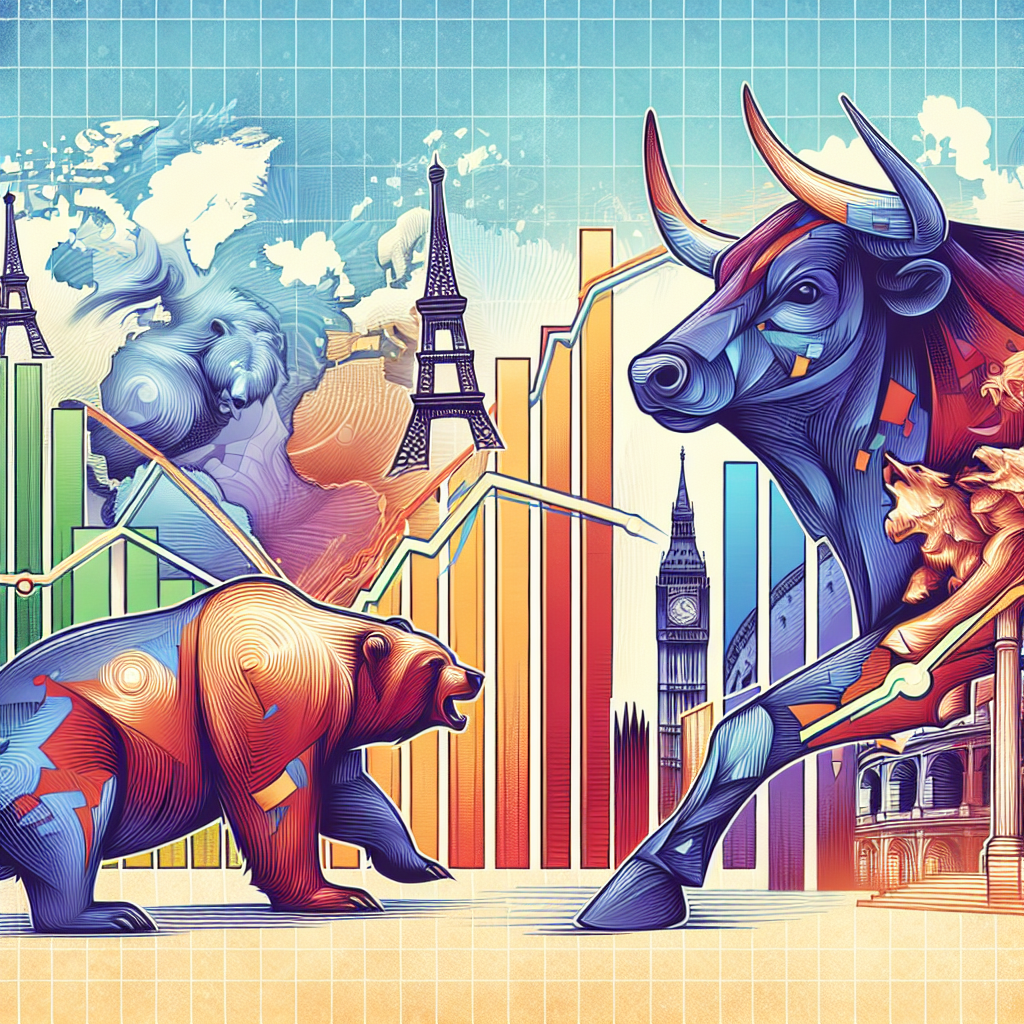European Market Downturn: Earnings, Tariffs, and Investor Reactions
European shares dipped to a more than one-week low as investors reacted to corporate reports and U.S. tariffs impacting sectors like automotives and beverages. Companies like Ferrari and Sanofi saw significant stock drops, while Euro zone banks showed resilience with gains. Beverage makers faced additional tariff-related setbacks.

European shares experienced a significant dip, closing at a more than one-week low on Thursday. Investors reacted negatively to corporate reports from major companies, including Sanofi and Ferrari, alongside a 15% U.S. tariff impacting beverage makers. Earnings were closely watched as traders assessed the ongoing implications of the tariffs on corporate performance.
The pan-European STOXX 600 index fell by 0.75%, with Italian stocks taking the brunt of the decline, falling 1.5%. Luxury carmaker Ferrari saw its largest one-day drop since its market debut nine years ago, falling by 11.7%, affecting the broader STOXX automobile sector, which dropped nearly 4%.
Despite Ferrari maintaining its annual forecasts, doubts remain about sustaining high profitability amidst trade deals. Sanofi dropped by 7.8% after missing earnings expectations, yet believed U.S. tariff impacts were manageable. Craig Cameron of Templeton Global Investments highlighted risks in sectors vulnerable to U.S. tariffs while suggesting a shift of focus to more domestically insulated sectors like utilities and financials.
The Euro zone banking sector continued its positive trend, with a 0.7% gain, outperforming broader markets significantly in July. Meanwhile, beverage exports from the EU face continuing U.S. tariffs awaiting further negotiation outcomes, adding pressure to the STOXX food and beverage sector, which fell by 2.6%.
Adding to the pressure on equities, the yield on the German 2-year bond rose amidst scaled-back expectations for European Central Bank interest rate cuts. In contrast, Shell saw a 1.1% increase after surpassing profit forecasts for the quarter.
(With inputs from agencies.)










